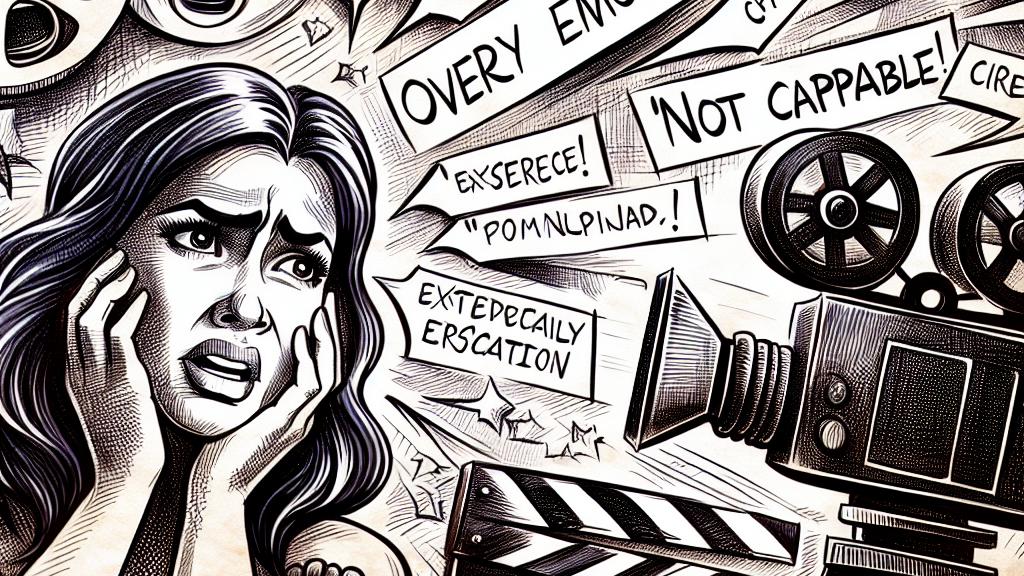Study Shows Female-Centric Films Face More Negative Reviews
Overview
- Research highlights the intense scrutiny faced by films led by women.
- Study reveals critical gender bias deeply embedded in film reviews.
- Changing criticism approaches could lead to a more equitable film industry.

Gender Bias in Film Reviews
In a revealing study conducted by the American University of Beirut, researchers exposed a disheartening reality for female-centric films. These films receive not only criticism but often incur disproportionately harsh reviews compared to those with male leads. To illustrate, the study revealed that reviews of movies featuring female-dominated casts contained an astonishing 149% more hostile sexism. Imagine the heartache of an actress who delivers a stellar performance only to see comments dismissing her as 'overly emotional' or 'not capable.' This unkind scrutiny can suffocate careers and demoralize talented individuals striving to break through in a male-dominated industry.
The Impact of Hostile and Benevolent Sexism
The issue described in the study encompasses more than mere statistics; it reflects a troubling societal trend. Researchers differentiated between 'benevolent sexism'—the seemingly protective attitude that undermines women's capabilities—and 'hostile sexism,' which manifests as overt disdain. For example, think about a family film where a female character might receive praise for her nurturing instincts, yet similar traits would earn a male character accolades for his leadership. Such blatant inconsistencies reinforce unhealthy stereotypes surrounding gender roles. It’s no wonder that women and their stories often go unrecognized when each critique seems armed with judgement rather than appreciation.
The Urgent Call for Change
Alarmingly, the study highlighted that 72% of lead actors and nearly 91% of directors still identify as male. This staggering lack of diversity inevitably influences how films are critiqued and perceived. The researchers strongly urge a shift in perspective: film critics must confront their biases head-on, understanding that their words have the power to make or break a woman’s career in film. This is a pivotal moment! Imagine a film industry transformed, where diverse voices and narratives not only exist but thrive. Picture a cinematic landscape rich in stories that resonate with everyone, regardless of gender. By embracing change and equity, we create a brighter path forward for all storytellers, heralding a future where everyone’s story can find its rightful place on screen.

Loading...